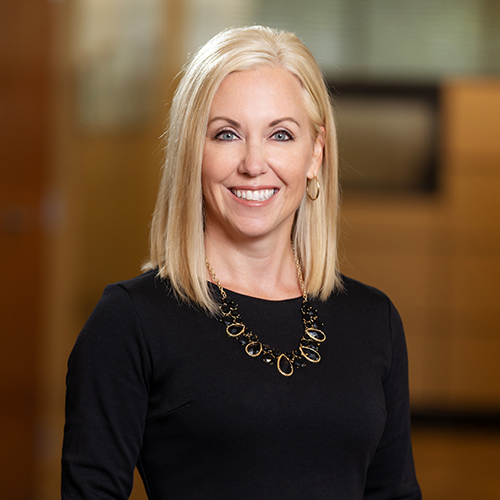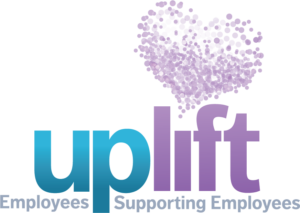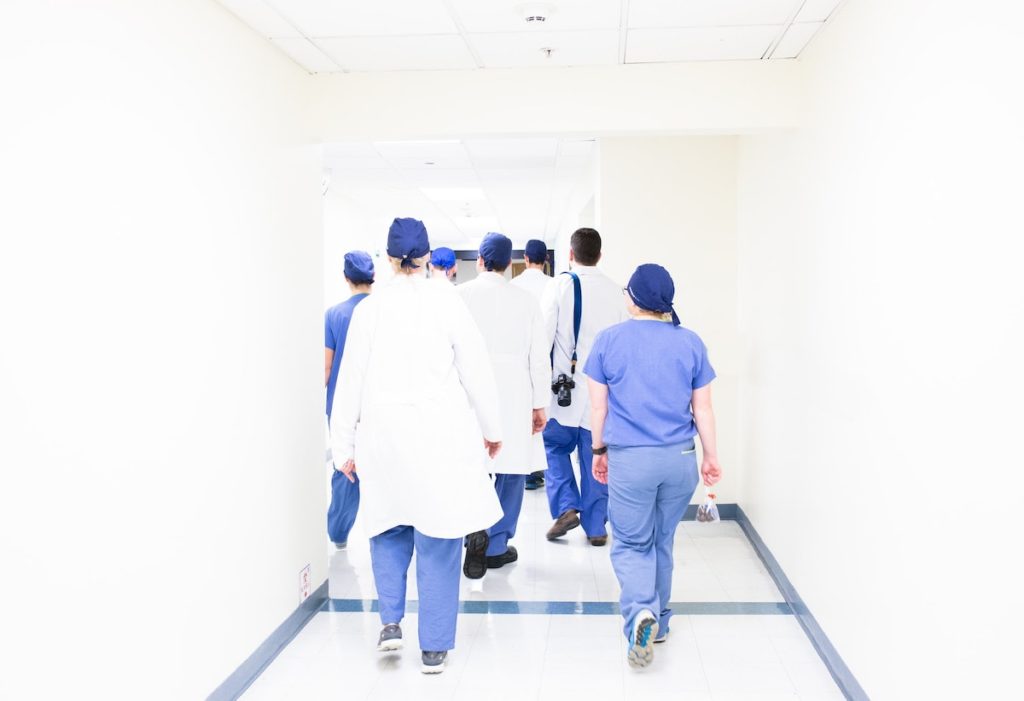Expert

Jill Williams
Actions
Type
Topic
- COVID-19
- Disease Management
- Workforce
Tags
Issue Summary
Health care workers continue to face unprecedented circumstances as they serve on the front lines of the COVID-19 pandemic. Health care workers have become the backbone in the fight against COVID-19; therefore, it’s important for health care leaders to create a proactive work environment that supports the mental well-being of their staff.
Leaders can support their employees and get ahead of more serious mental health issues by providing consistent communication and helping employees maintain balance in their work lives. As the pandemic continues, organizations should have systems in place at work that support employees’ mental health to ensure they are able to care for their patients.
Issue Spotlight
Assisting workers with their well-being has never been more important — especially as workers experience COVID-19-related anxiety. Providing access to mental health support for staff feeling overwhelmed or concerned has been on the rise amidst the pandemic. Employers currently are focused on doing whatever it takes to help employees make it through the outbreak as unscathed as possible, and this trend will continue to take place in the future.
Major stressors for the health care workforce:
- fear for personal safety of self and family
- unknown virus without specific treatments available
- large volumes of extremely sick and/or dying patients
- feeling helpless in treating patients
- watching patients die without family present
- duration of crisis
- social unrest
- personal and/or hospital financial uncertainty
- lack of work/life balance
Lessons Learned Speaker Series
The COVID-19 Lessons Learned from Missouri Hospitals is a speaker series that reflects on COVID-19 and its impact on Missouri hospitals, while looking forward to help prepare for what may yet come. A list of upcoming events and past recordings are available.
Emerging Missouri Practices
North Kansas City Hospital and Meritas Health

Uplift is an initiative aimed at providing support to North Kansas City Hospital and Meritas Health employees who are experiencing trauma or distress of any kind. These are events that can occur while at work, such as staff assaults, preventative harm to patients, coping with patient deaths or COVID-19-related incidents. They also can involve circumstances outside of work, such as divorce, death of a loved one or illness. These types of events can prevent individuals from being fully engaged and finding meaning in their work.
The Uplift initiative’s plan is to educate all staff to identify peers who need encouragement, but the goal is to identify a group of people who are good at listening, demonstrate compassion, and have a high degree of integrity who can sit down with a co-worker and provide support. By training and equipping a select group of employees to respond to the requests for support (based on an application, referral and interview process), an additional layer of care is provided. Uplift will supplement other resources such as the Employee Assistance Program. North Kansas City Hospital and Meritas Health are grateful to other organizations that helped frame the initiative, including Johns Hopkins University and the University of Missouri-Columbia.
Capital Region Medical Center

Capital Region Medical Center’s well-being initiatives began before COVID-19 as part of the strategic plan to ensure that employees had resources available to prevent burnout. CRMC is fortunate to have a Center for Mental Wellness that has been an integral part in formulating plans.
Employee surveys conducted by CMW determined where resources needed to be allocated and allowed the hospital to target plans to specific groups with specific needs. The PAUSE team, which was created as an inpatient peer-to-peer support program, has been incredibly successful in past years; therefore, CRMC expanded the model to other areas, including clinics and ancillary areas. Physician Healthcare Coaching is an additional resource that was deployed this year.
CRMC’s Employee Assistance Program continues to be integral to the organization. The EAP recently was deployed to the inpatient floors as COVID-19 patients and acuity has risen. Counselors were available to nurses and staff, individually or as a group.
The hospital also provided a focused physical wellness program concentrating on nutrition, movement and stress reduction. This year, an increased emphasis on financial wellness and education is in place, with education offered on everything from budgeting to retirement.
Key State and National Resources
- American Hospital Association: Well-being Resources Addressing Resilience During COVID-19
- Greater New York Hospital Association: Resource List: Physical and Mental Wellbeing of the Hospital Workforce During COVID-19
- Hospital and Health System Association of Pennsylvania: Resources for a Resilient Workforce Report
- Missouri Department of Mental Health: Health and Well-Being Resources for Health Care Professionals
- National Academy of Medicine: Resources to Support the Health and Well-Being of Clinicians During the COVID-19 Outbreak
- Show Me Hope Missouri: Free and confidential crisis counseling program available to help those affected by COVID-19
- The Joint Commission’s Office of Quality and Patient Safety: Quick Safety Issue 54: Promoting Psychosocial Well-being of Health Care Staff During Crisis










